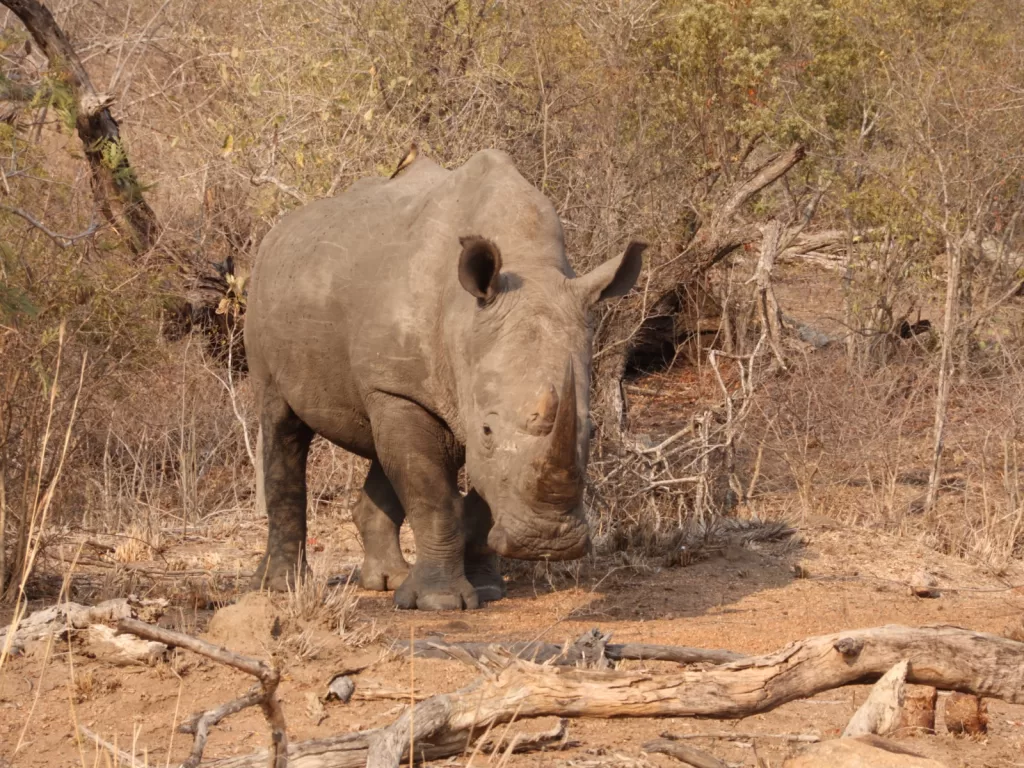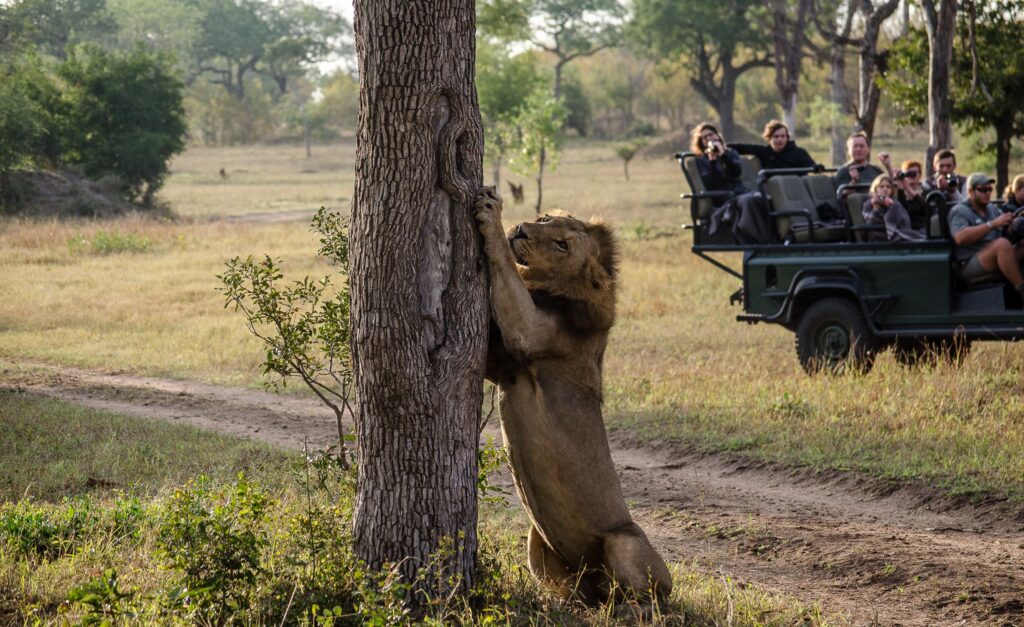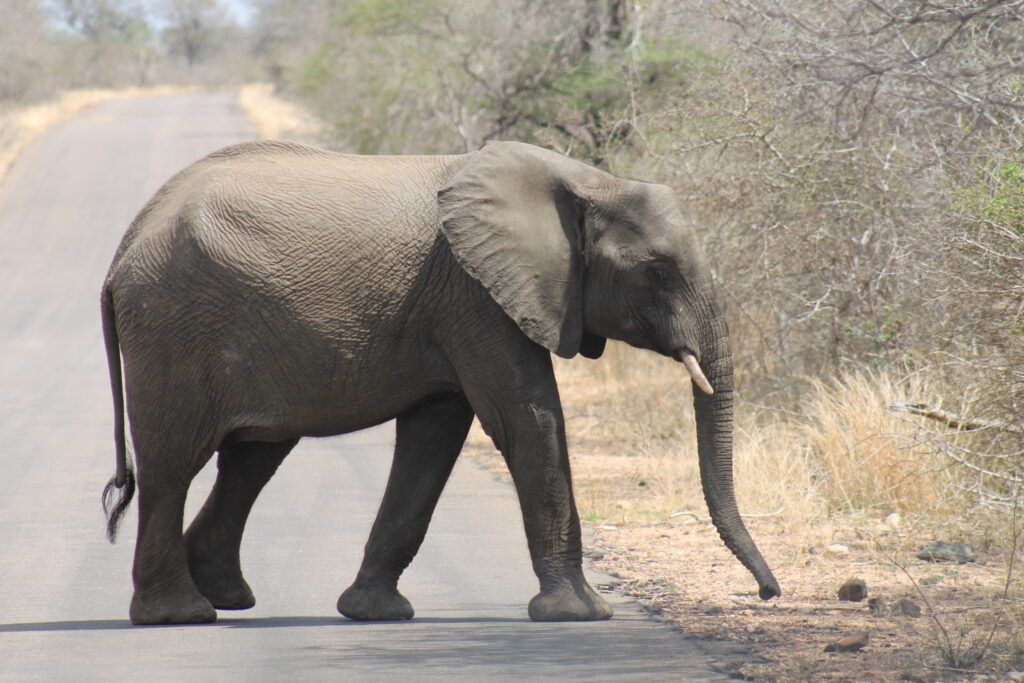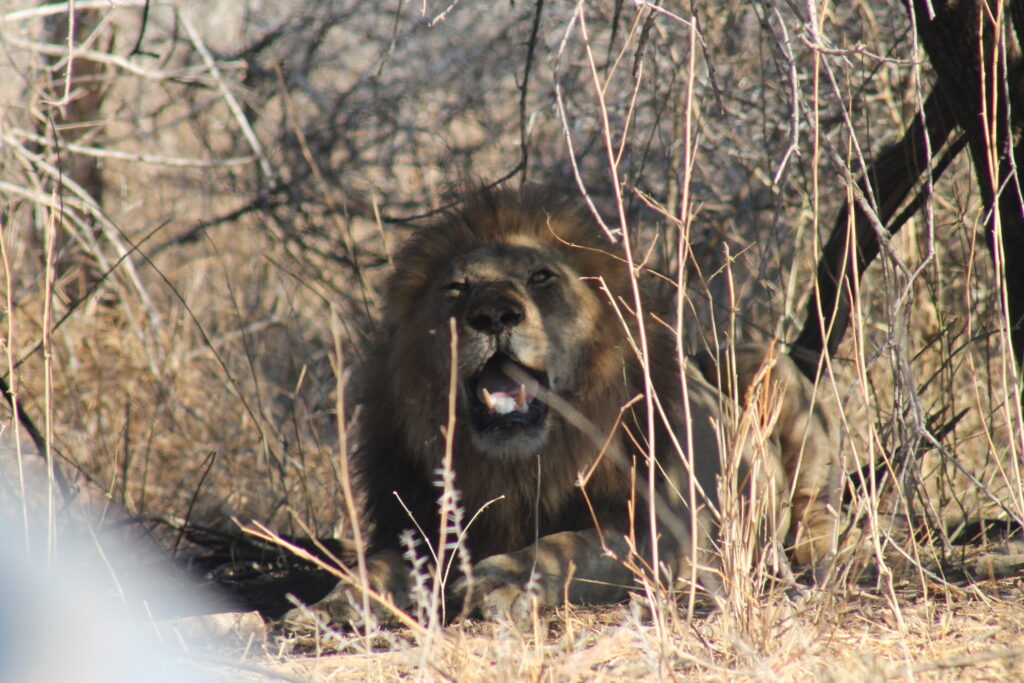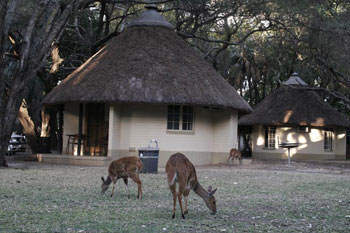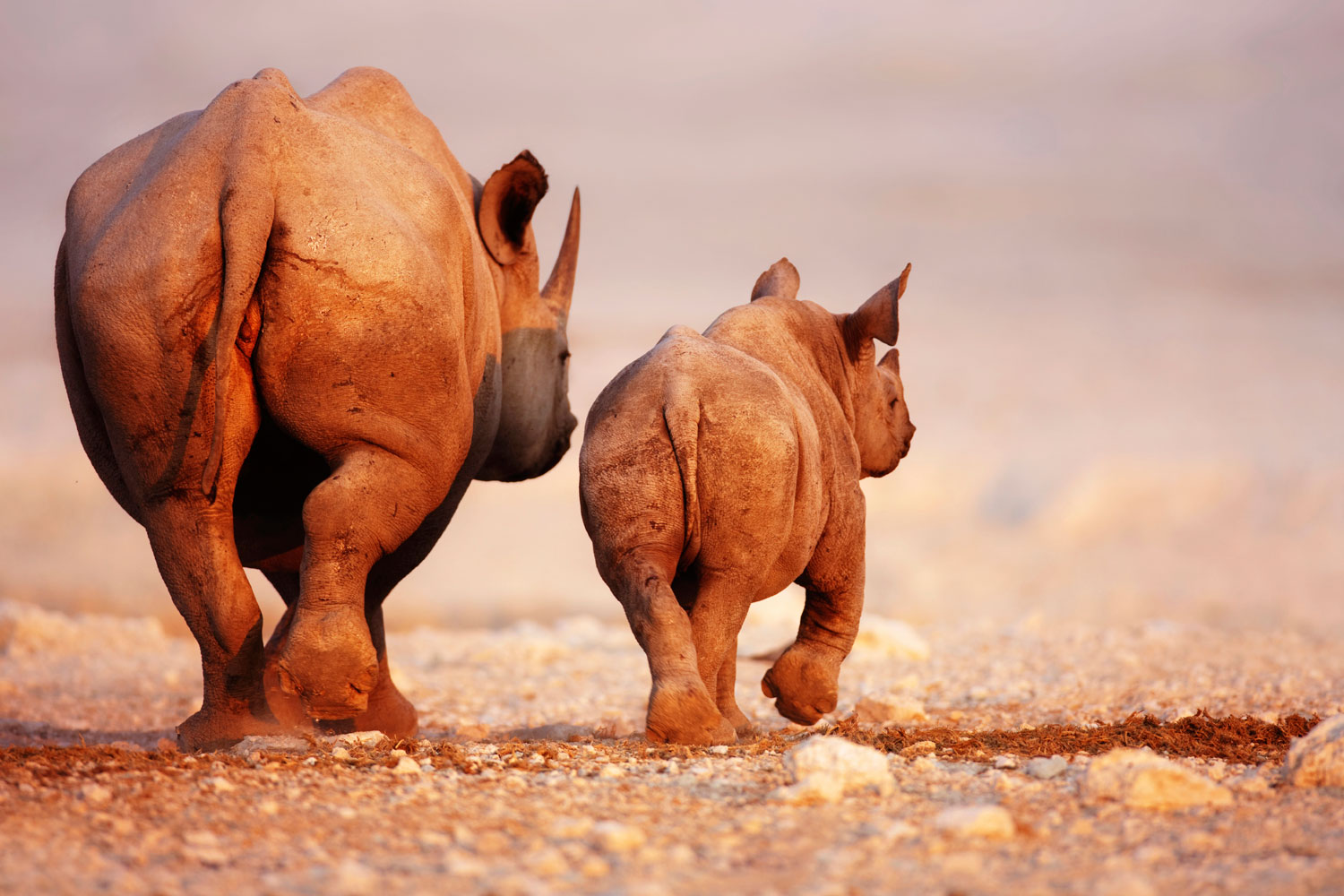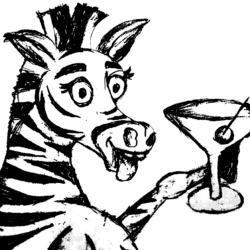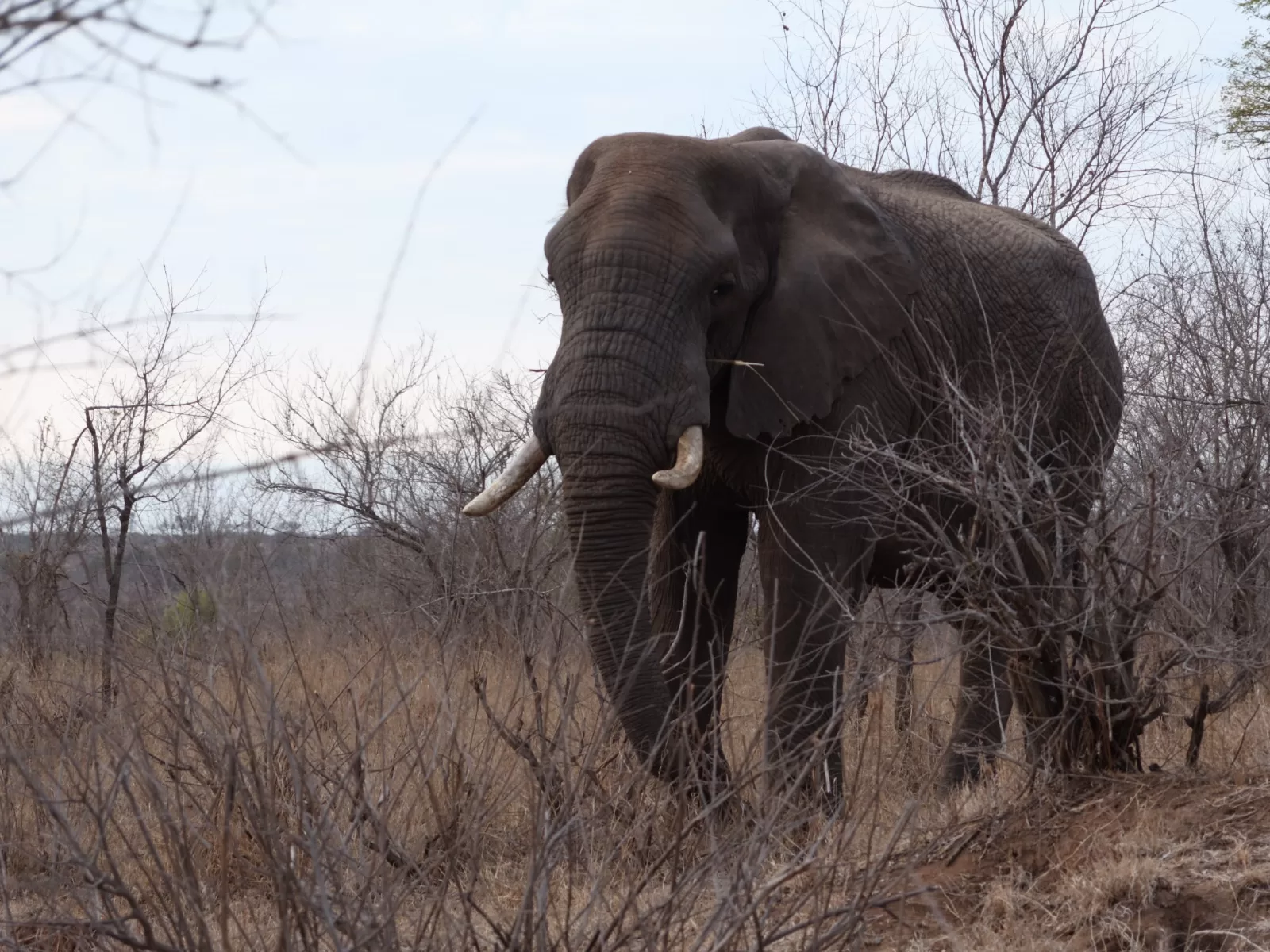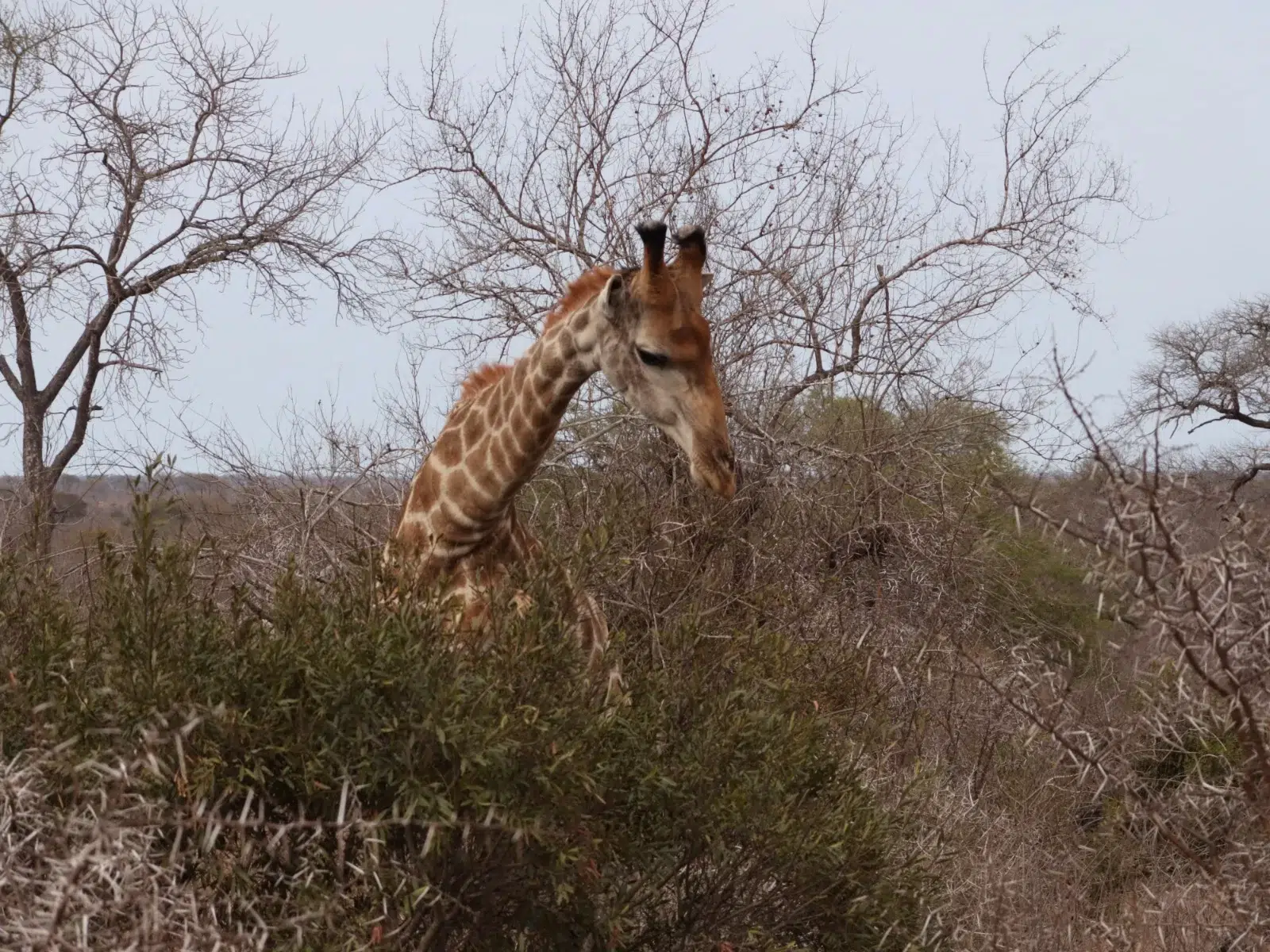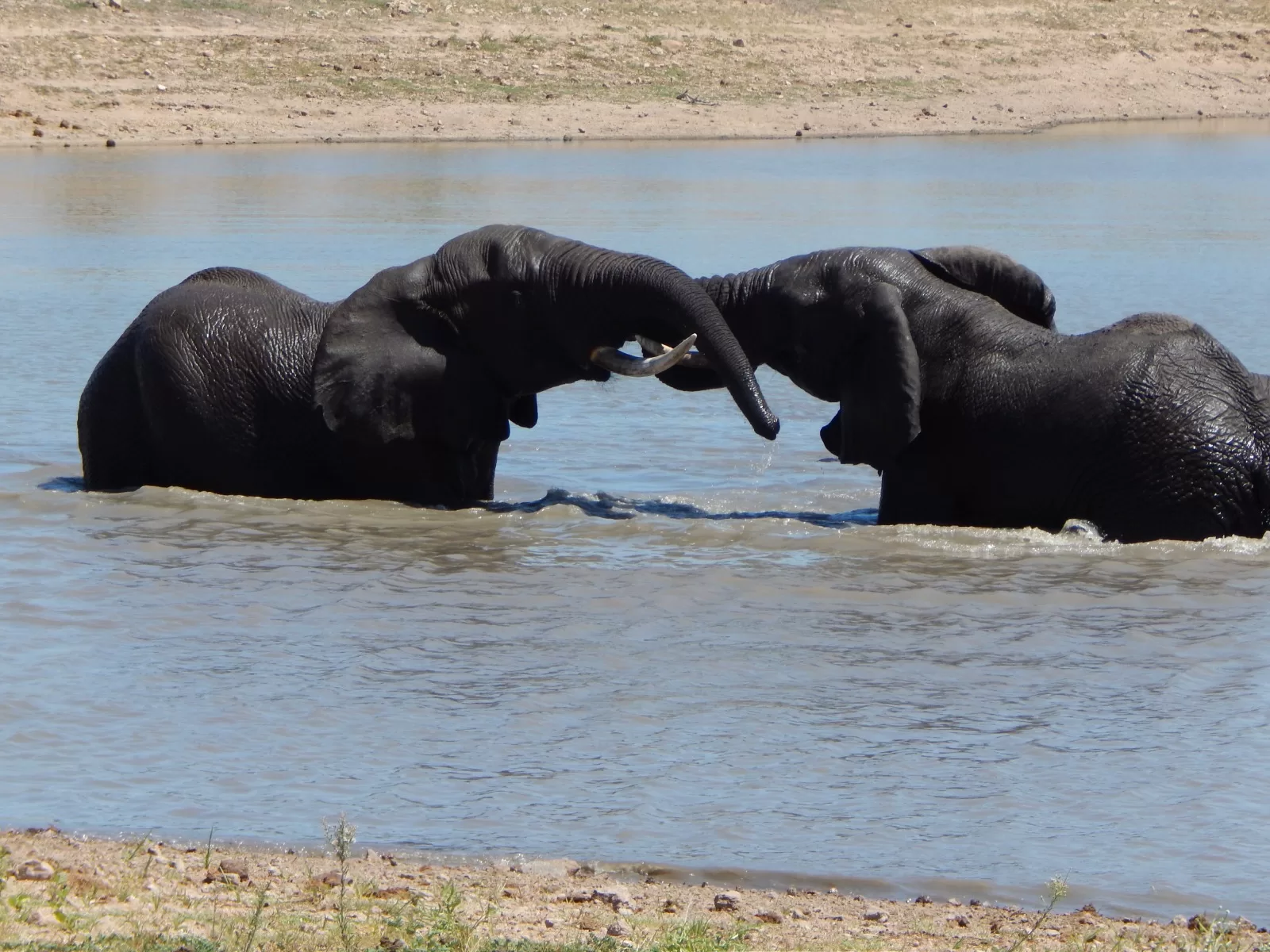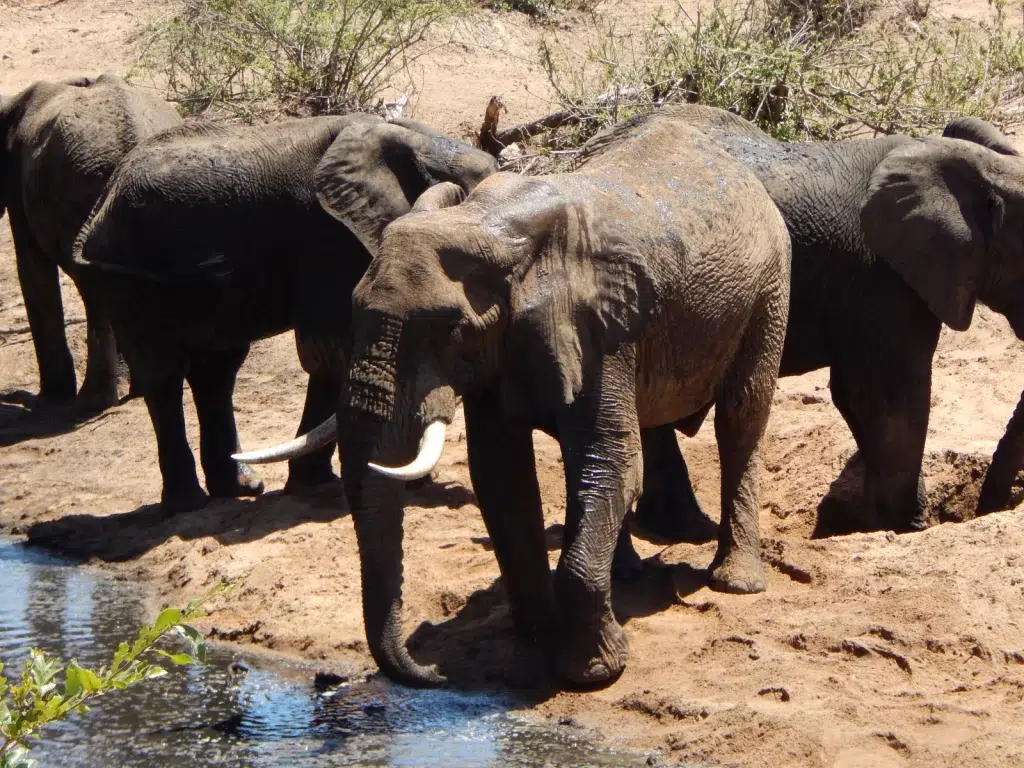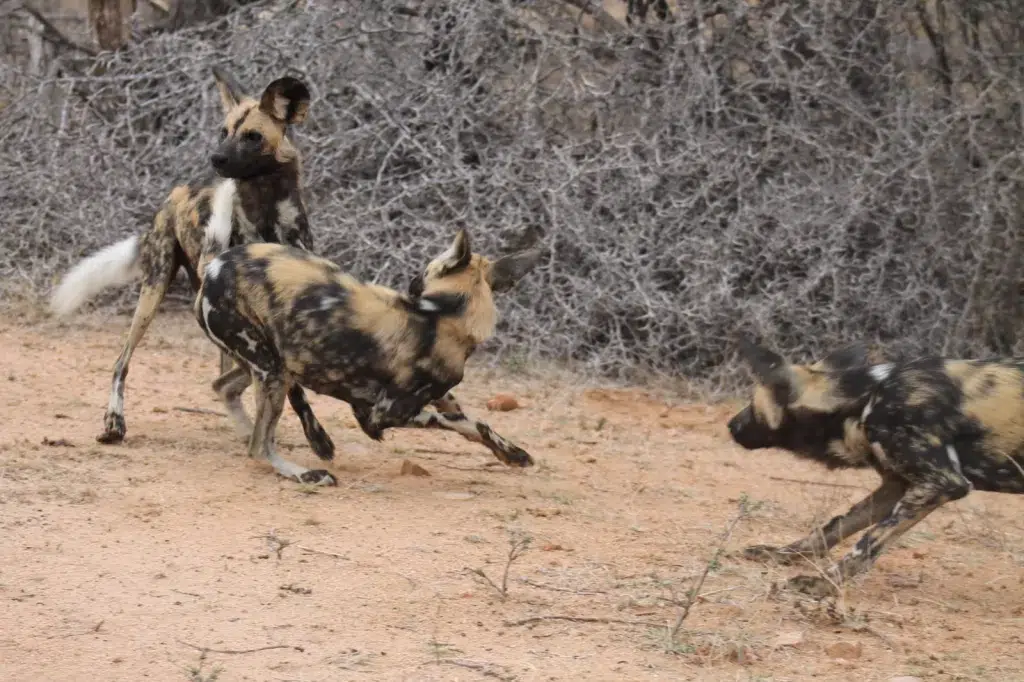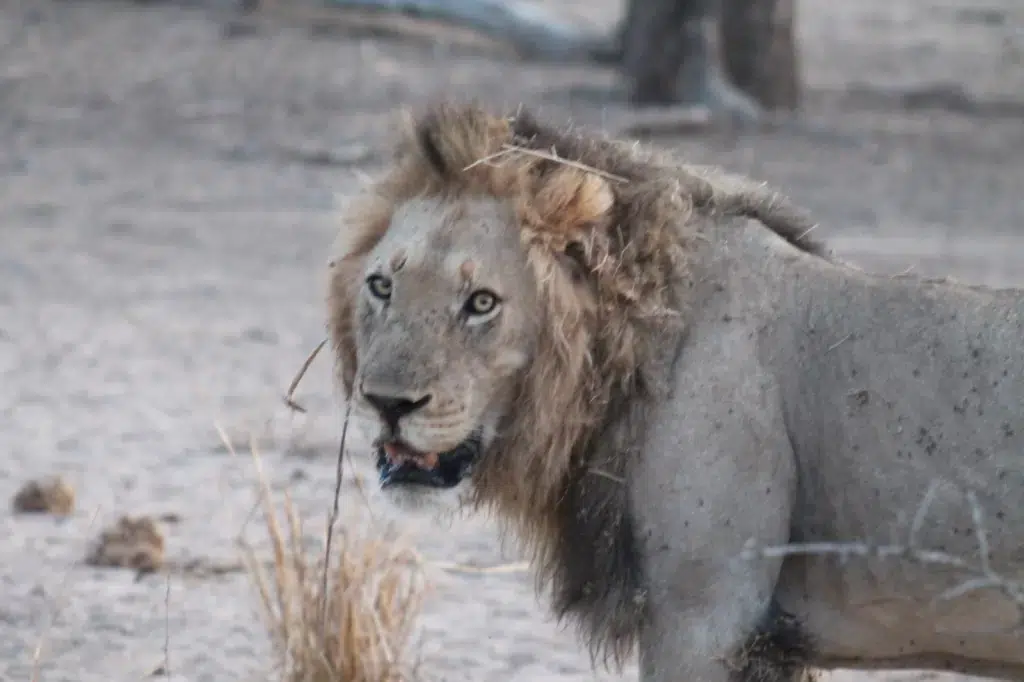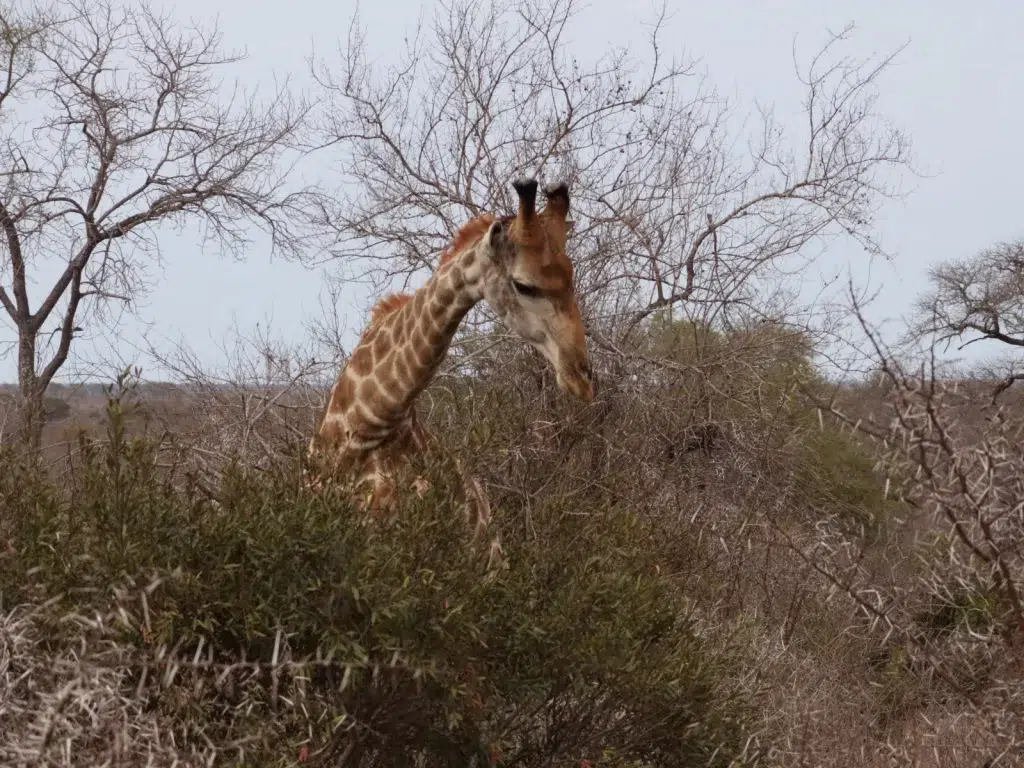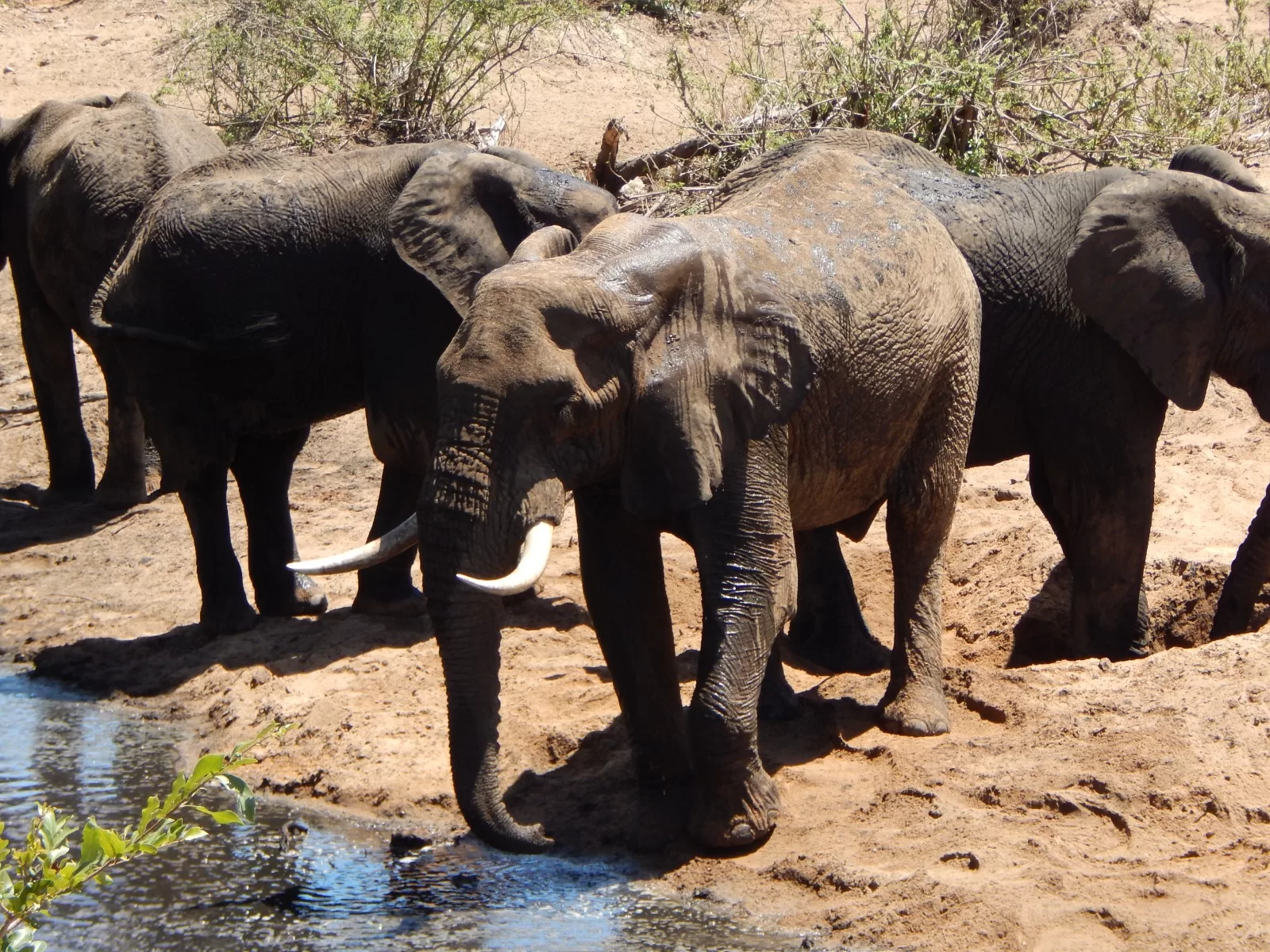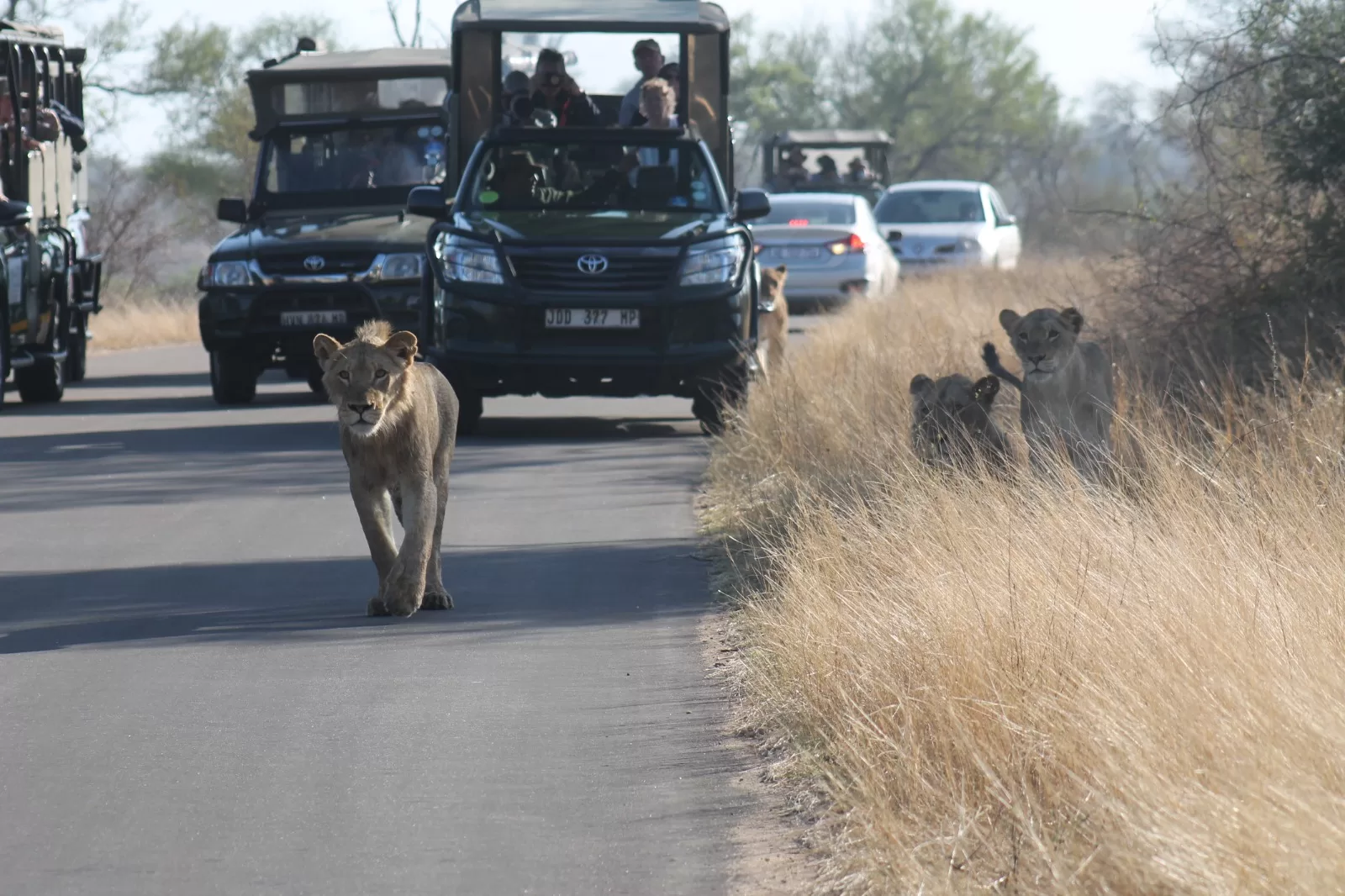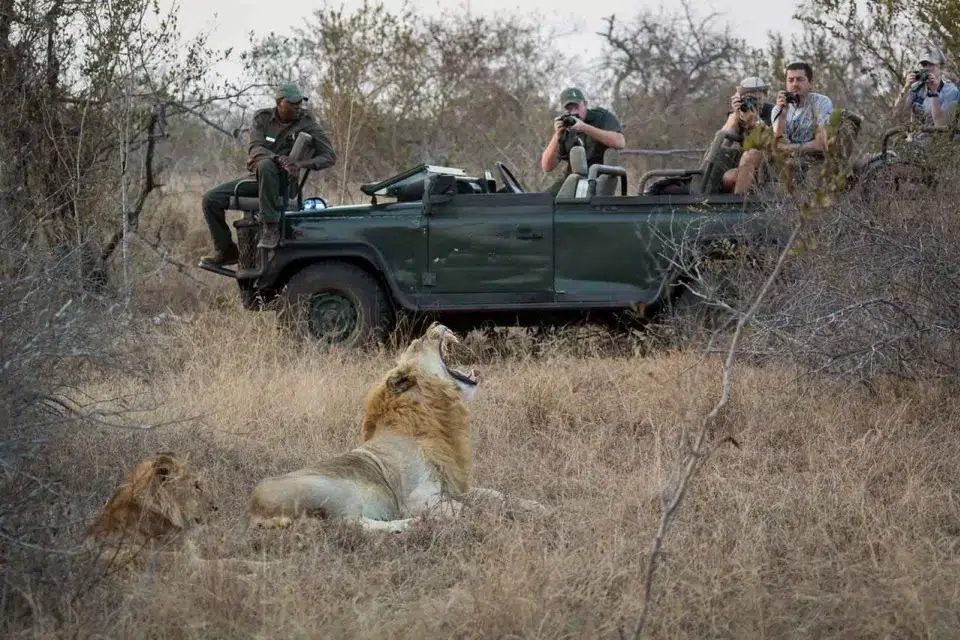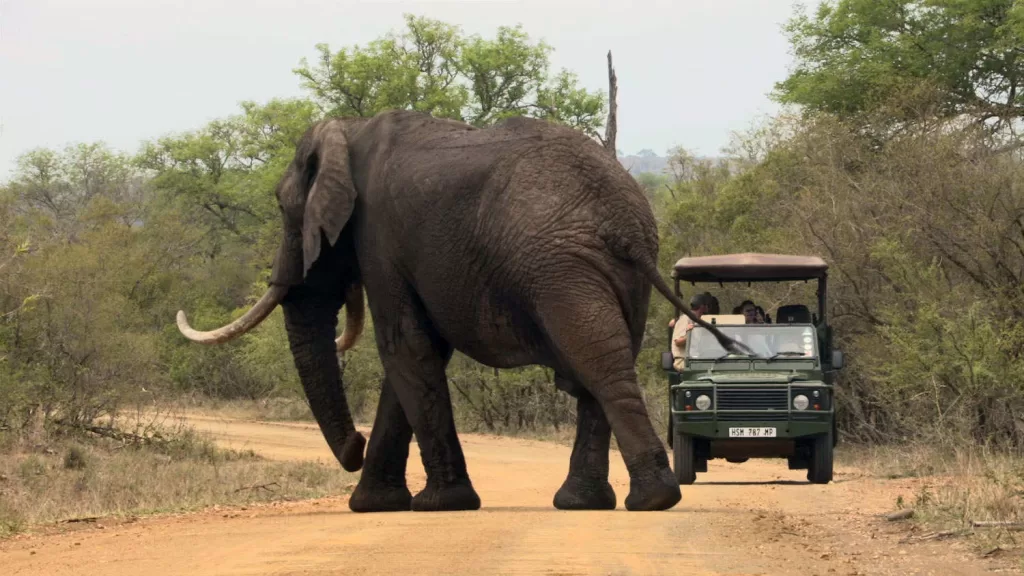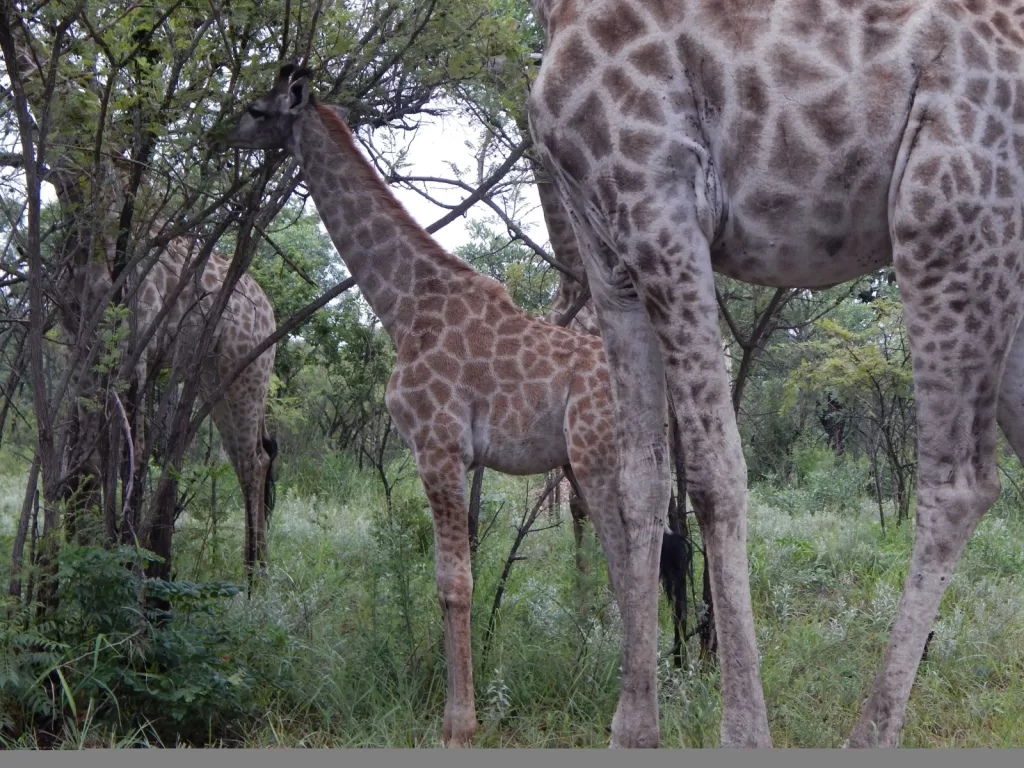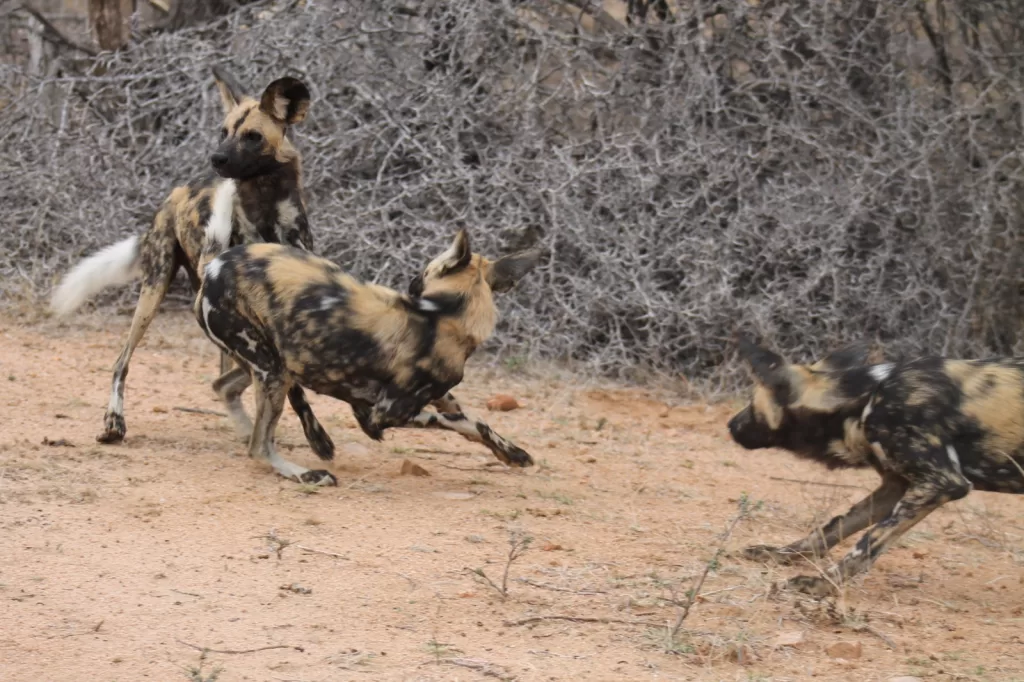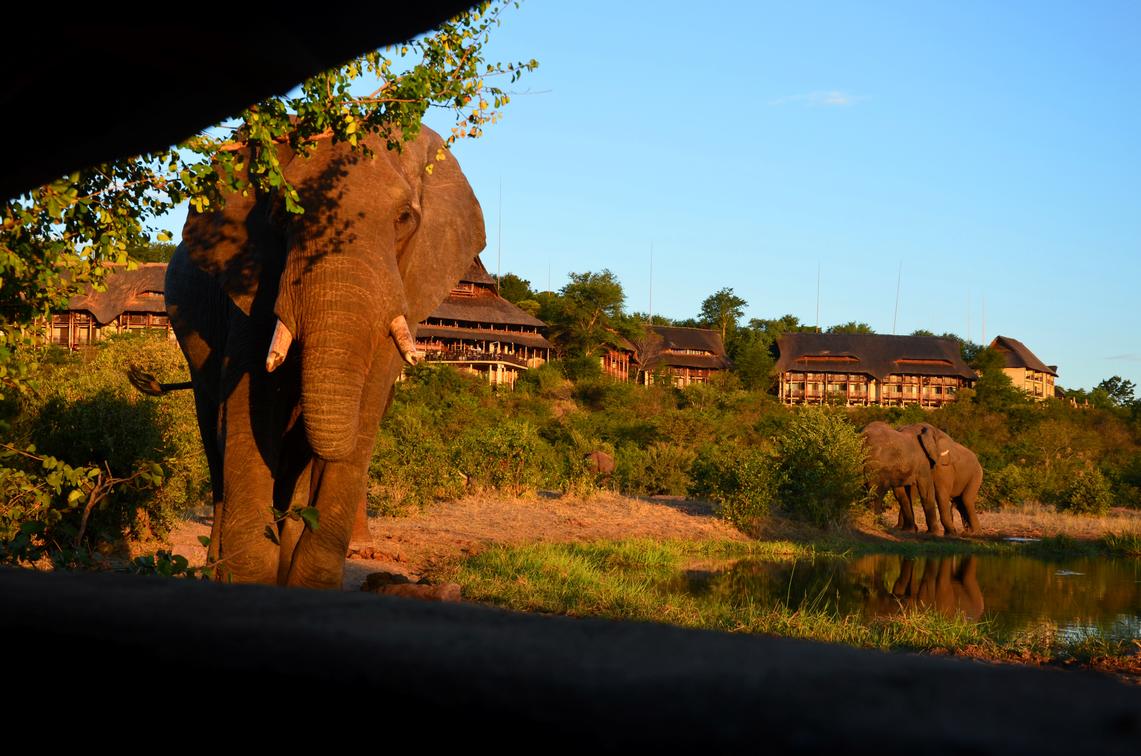
What Are the Accommodation Options Available in Kruger National Park?
Kruger National Park, one of South Africa’s premier wildlife destinations, offers more than just unforgettable safari experiences. The park also provides a wide range of accommodation options to suit every budget and preference, ensuring that your stay is as comfortable and memorable as your wildlife adventures. Whether you’re looking for a luxurious lodge with panoramic views, a rustic bush experience, or a budget-friendly option with self-catering facilities, Kruger has something for everyone.
Here’s a breakdown of the various accommodation options available within Kruger National Park:
- Luxury Lodges: Indulge in Comfort and Style
For those seeking the ultimate in comfort and exclusivity, Kruger offers a selection of luxury lodges. These high-end accommodations provide an intimate and luxurious experience in the heart of the African wilderness. Many of these lodges are located in private game reserves within the park, offering personalized service and exceptional game viewing opportunities.
Private Balconies with Views: Imagine waking up to the sounds of wildlife just outside your window and stepping out onto a private balcony overlooking a waterhole or the savanna. These lodges often feature elegant, spacious rooms with large windows, allowing you to enjoy the park’s stunning scenery in style.
All-Inclusive Packages: Most luxury lodges offer all-inclusive packages that cover meals, game drives, and sometimes even guided bush walks. This allows you to fully immerse yourself in the Kruger experience without having to worry about the details.
World-Class Amenities: Expect to find amenities such as infinity pools, fine dining, spa treatments, and personalized game drives with experienced rangers. These lodges are perfect for those looking for a truly indulgent safari experience.
- Tented Camps: A Bush Experience with Comfort
For those who want to experience the African bush up close while still enjoying comfort, tented camps are an excellent option. These accommodations combine the thrill of camping with the convenience of modern amenities, offering a unique blend of adventure and relaxation.
Close to Nature: Tented camps are usually located in the heart of the park, allowing you to experience the sights and sounds of the bush as you sleep. You’ll often hear the calls of animals during the night, adding to the excitement of your stay.
Comfortable Facilities: While the tents are designed to offer a sense of adventure, they come with comfortable beds, en-suite bathrooms, and sometimes even air conditioning. Many camps also feature communal dining areas, where guests can enjoy meals together after a day of game viewing.
Intimate Setting: Tented camps tend to be smaller and more intimate, making them perfect for those looking for a more personal, quiet safari experience.
- Rest Camps: Affordable and Self-Sufficient
For those on a budget or those who prefer a more self-sufficient experience, Kruger’s rest camps provide affordable, well-equipped accommodations that allow guests to explore the park at their own pace. These rest camps are scattered throughout the park, providing convenient access to game drives and other activities.
Self-Catering Facilities: Most rest camps come with fully equipped kitchens and braai (barbecue) areas, allowing guests to prepare their own meals. This is ideal for those who want to save money or enjoy the flexibility of cooking in the wild.
Variety of Options: From basic huts and bungalows to more comfortable chalets, rest camps offer a variety of accommodations to fit different budgets. Each camp has its own unique atmosphere and location within the park, so you can choose one that suits your preferred area of Kruger.
Family-Friendly: Many of the rest camps are designed with families in mind, featuring family-sized units, safe play areas, and easy access to amenities such as swimming pools and shops.
- Bushveld Camps: For the Ultimate Wilderness Experience
If you’re looking for a more rustic and secluded experience, bushveld camps are perfect for you. These small, remote camps offer a more intimate and immersive experience in the park, allowing guests to truly escape into nature.
Seclusion and Peace: These camps are typically located in quieter, less-visited parts of the park, offering peace and solitude. With fewer guests and minimal amenities, you’ll have more opportunities for private game viewing and a deeper connection to the wilderness.
Basic Yet Comfortable: While the accommodations are simpler, bushveld camps offer cozy, well-maintained units with essential facilities. Expect to enjoy stunning views of the surrounding bush, as well as proximity to wildlife.
- Camping: Embrace the True Safari Spirit
For the most adventurous travelers, camping within Kruger National Park offers a true back-to-basics experience. The park has designated campsites where guests can pitch their tents, enjoy a campfire, and sleep under the stars.
Affordable: Camping is by far the most budget-friendly option, making it ideal for those looking to experience Kruger on a shoestring budget.
A Real Wilderness Experience: Camping in Kruger allows you to experience the park in the most authentic way, waking up to the sounds of nature right outside your tent. Many campsites are located near waterholes or popular game-viewing areas, so you may even have the opportunity to see animals from the comfort of your campsite.
Camp Facilities: While camping is a more rugged option, the park’s campsites are equipped with basic facilities, such as restrooms and showers, and some even have electricity and barbecue facilities.
- Treehouse Lodges: Sleep Among the Canopy
For those looking to add an extra touch of magic to their Kruger experience, treehouse lodges offer a unique and unforgettable way to stay within the park. Suspended in the treetops, these lodges provide an extraordinary perspective on the African bush.
A Bird’s-Eye View: Sleeping in a treehouse lodge gives you a bird’s-eye view of the surrounding landscape, allowing you to observe wildlife from a completely new vantage point. The feeling of being surrounded by nature as the sun sets and wildlife moves around you is truly enchanting.
Seclusion and Romance: Treehouse lodges offer a sense of solitude and tranquility, making them ideal for couples or those seeking a peaceful retreat. The experience of listening to the sounds of the bush while being tucked away in the treetops is both intimate and exhilarating.
Unique Experience: Many treehouse lodges come with open-air features like outdoor showers and balconies, so you can immerse yourself fully in nature while still enjoying luxurious amenities. This type of accommodation offers an adventurous yet comfortable stay for those seeking something truly special.
Conclusion: A Stay for Every Traveler
Whether you’re looking for luxury, adventure, or something in between, Kruger National Park offers a wide variety of accommodation options to suit all tastes and budgets. From lavish lodges with stunning views to rustic bushveld camps, budget-friendly rest camps, or even a magical treehouse experience, you’ll find the perfect place to rest after an exciting day of game viewing. No matter where you choose to stay, one thing is certain: a stay in Kruger is an experience that will stay with you long after you’ve left the park.
